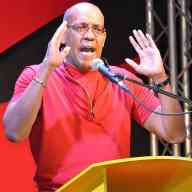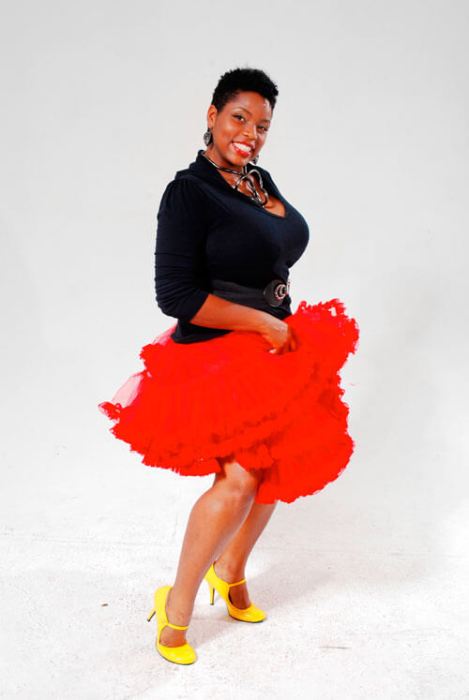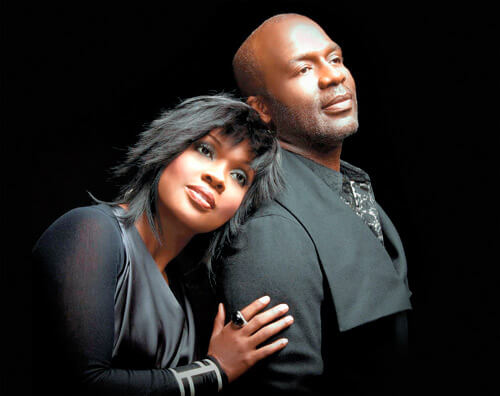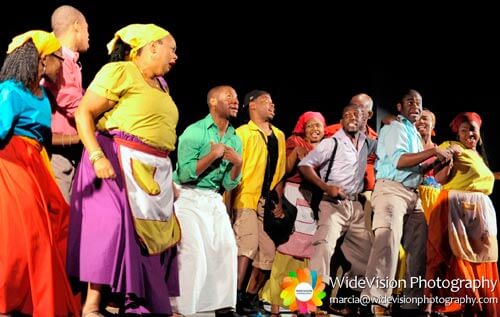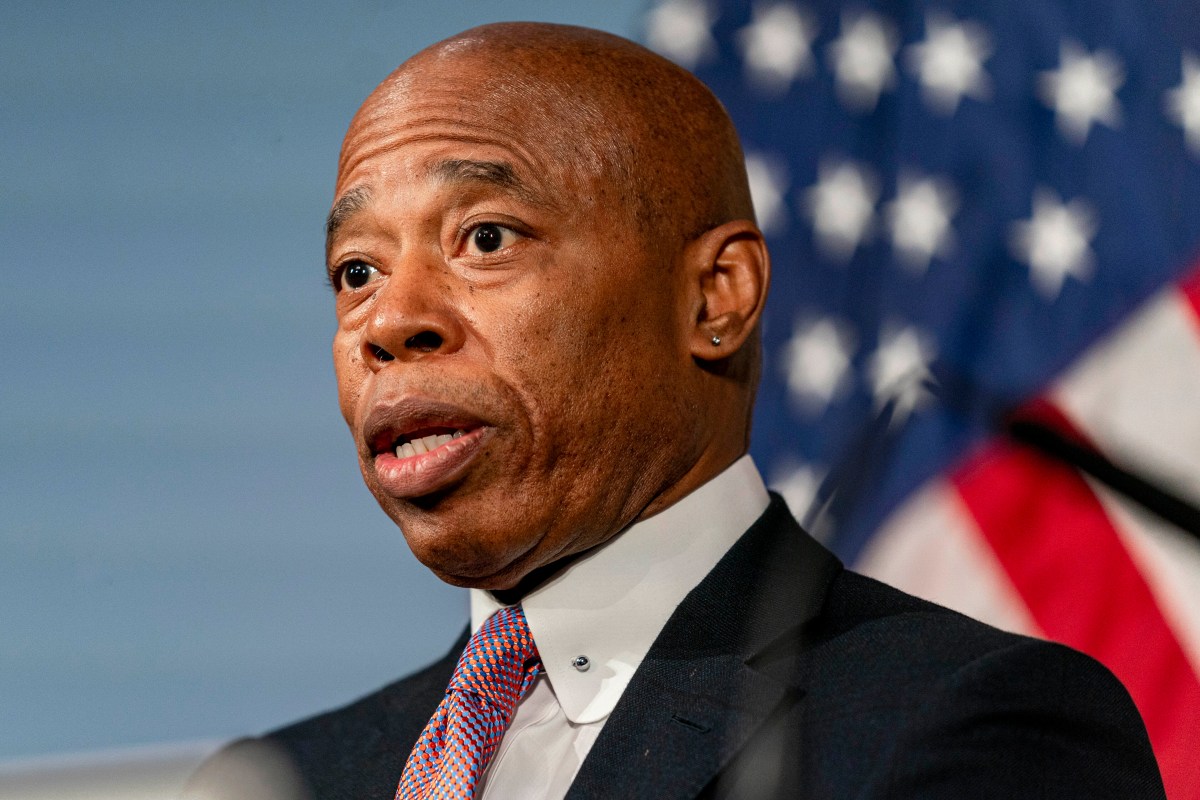Cuban pianist Elio Villafranca is returning with his Letters to Mother Africa series, this time with “Cuba – Senegal: Letters to Mother Africa II” at Aaron Davis Hall on March 31. The concert will be an extension of his first installment, this time highlighting African roots of Cuban music and connecting a relationship between Cuban and Senegalese music, he said.
“The upcoming concert is a continuation and I present a second part of what I already presented, although this time I will be focusing more on Cuba,” said Villafranca. “Africa is still the theme and it’s what links both — but the focus is on Cuba and Senegal.”
He is elated to bring the concert to Harlem where he is playing for the first time, especially since the neighborhood was the home of Harlem Renaissance music legends he admires such as Duke Ellington and Louis Armstrong, he said.
“I never played in Harlem, so I’m excited to do that because Harlem is a dear place,” said Villafranca.
Those legends celebrated Africa in their music and he will be paying homage to them and the by-product of their artistry, he said.
“I look at the music of American composers who were doing something in relation to Africa and celebrating that legacy,” he said. “I’m going to be expanding a little bit on that concept but I’m still gonna touch on those American composers who also celebrated Africa and since we’re going to be doing it in Harlem, it seems appropriate to do that.”
At the concert, Villafranca will play never before heard music pieces he composed for films and some compositions from his mentors, he said. Unlike his previous show, this concert has some new sounds and new additions, said Villafranca.
“This time the band is bigger and I’m bringing a set of music that is very unique in a sense that I’m not only using just percussion,” he said. “I’m also using strings — African strings.”
But to really highlight Cuban and Senegalese music, two percussionists one from each country will be playing, which Villafranca said he was looking forward to the most.
“The combination I’m having is really intense because I have two percussionist — one from Cuba and one from Senegal,” he said. “I’m excited to have both of them playing together because they are both tremendous percussionists.”
Villafranca said acknowledging the African roots of Cuban music was essentially the basis of his series, and so was finding similarities between Senegalese music and instruments.
“Cuban music is a combination of classical music and music from Africa — that’s basically what conforms Cuban music,” said Villafranca. “You can’t talk about Cuban music without talking about African or European influence — that’s the configuration of Cuban culture.”
As a music professor at Juilliard School of Music, he says to there is no way to fully grasp any genre of music without recognizing its roots. He also says that coming to the states made that reminder clear to him studying jazz, and it is an extensive passion for him to also find connections.
“For me to understand the music of this country I have to go back to the roots and trace the steps back and learn the history,” said Villafranca. “I always try to talk about the roots of my country but also the roots of the region because we all share that and similar rhythms, and that’s been my mission for the past 15 years.”
“Cuba — Senegal: Letters to Mother Africa II” at Aaron Davis Hall at the City College Center for the Arts [129 Convent Avenue between W. 133rd and W. 135th streets in Manhattan, www.cityc








